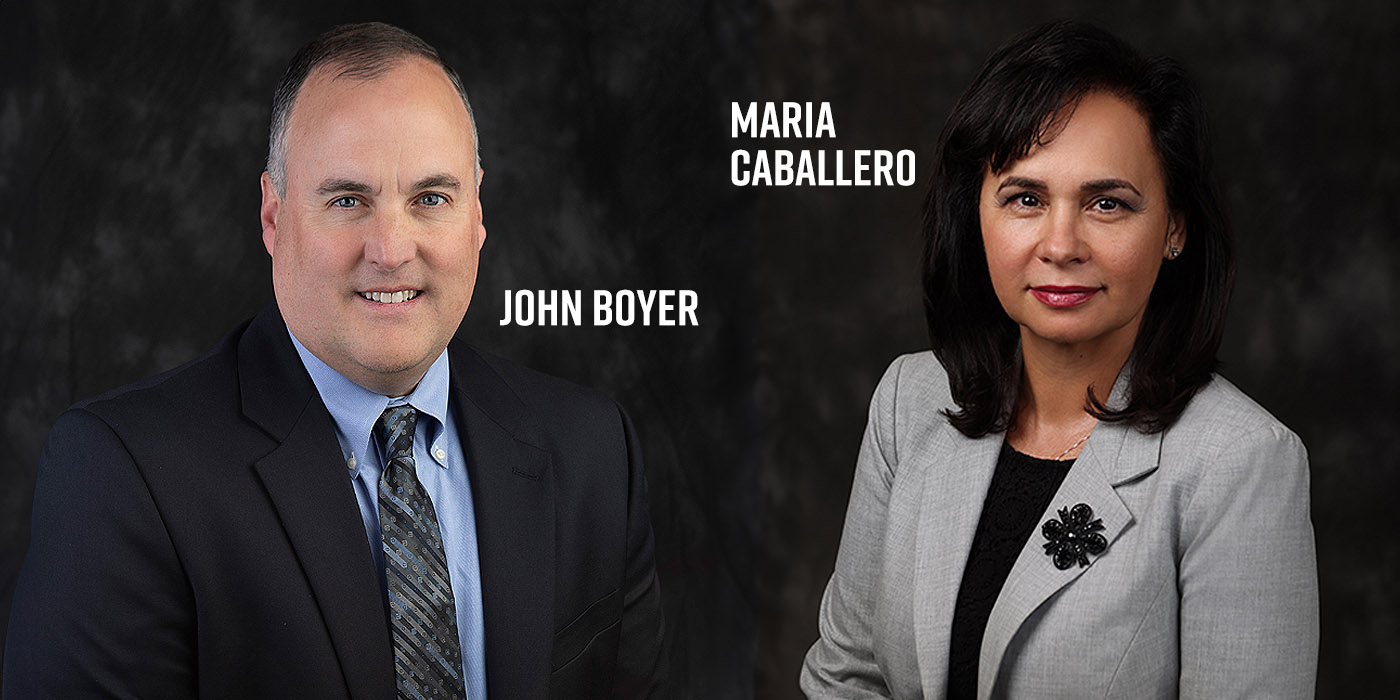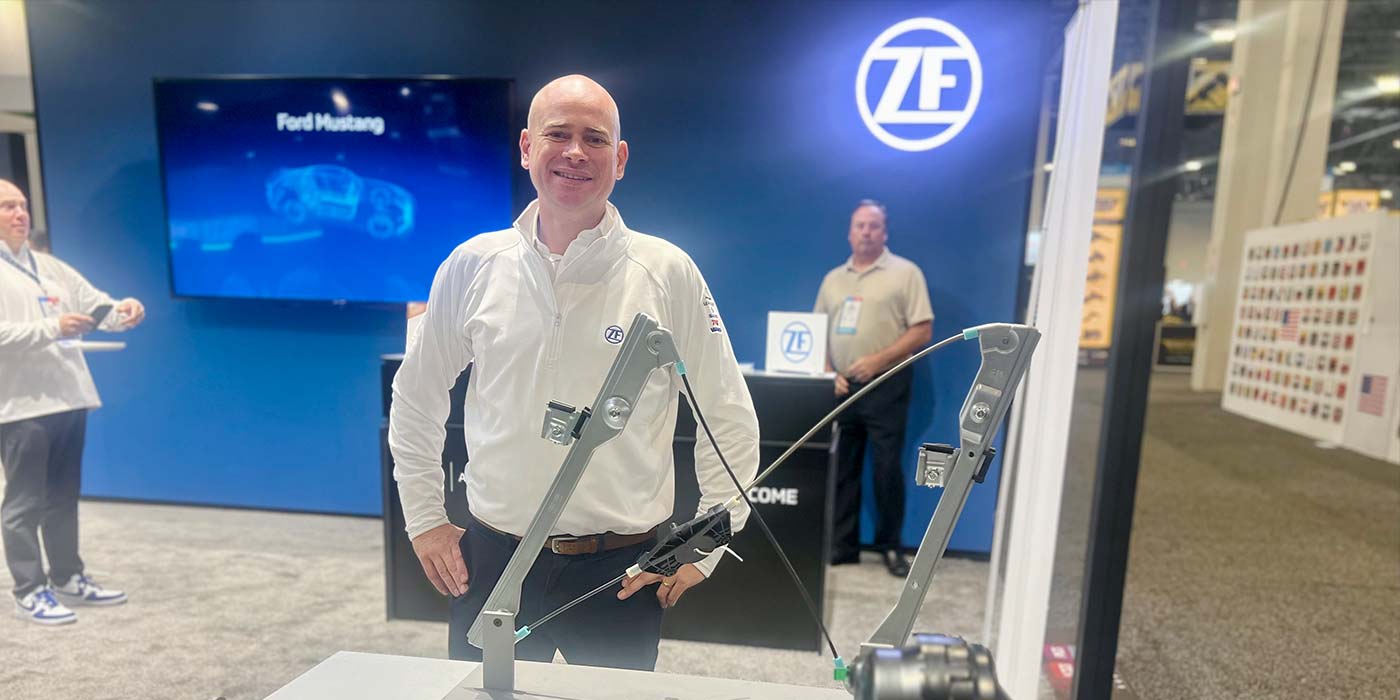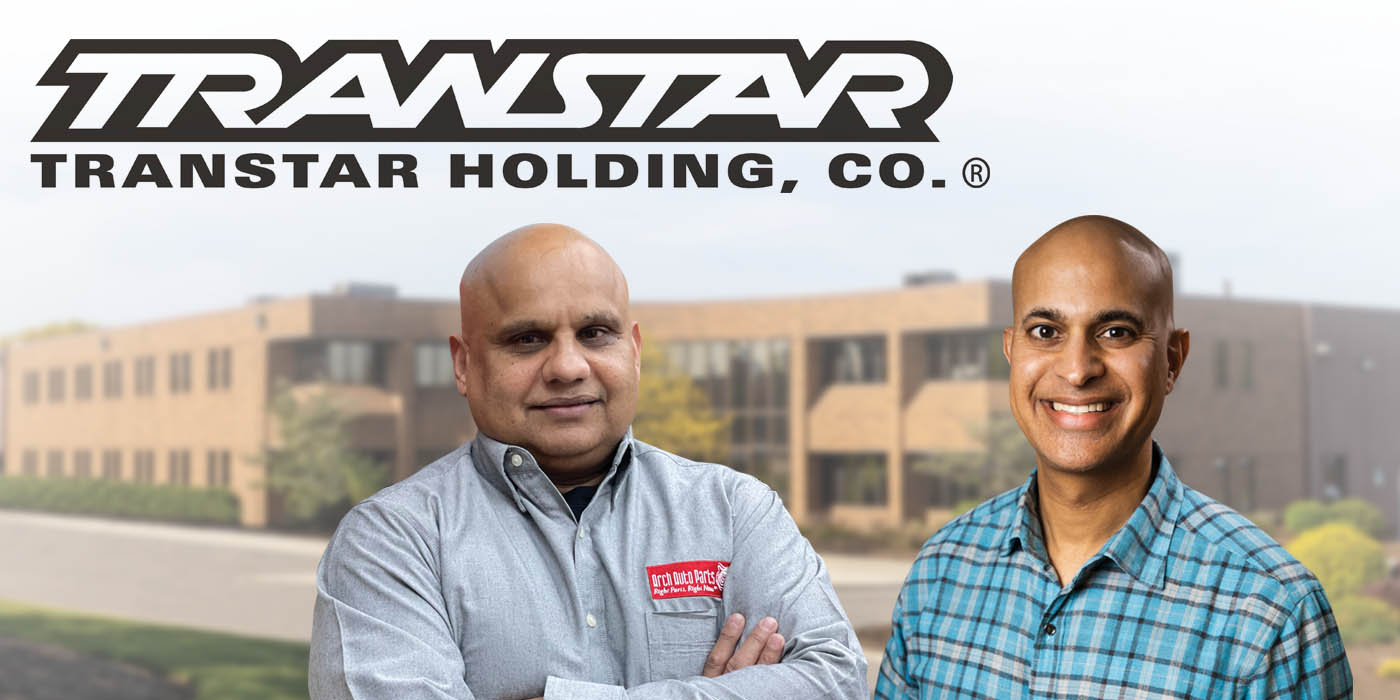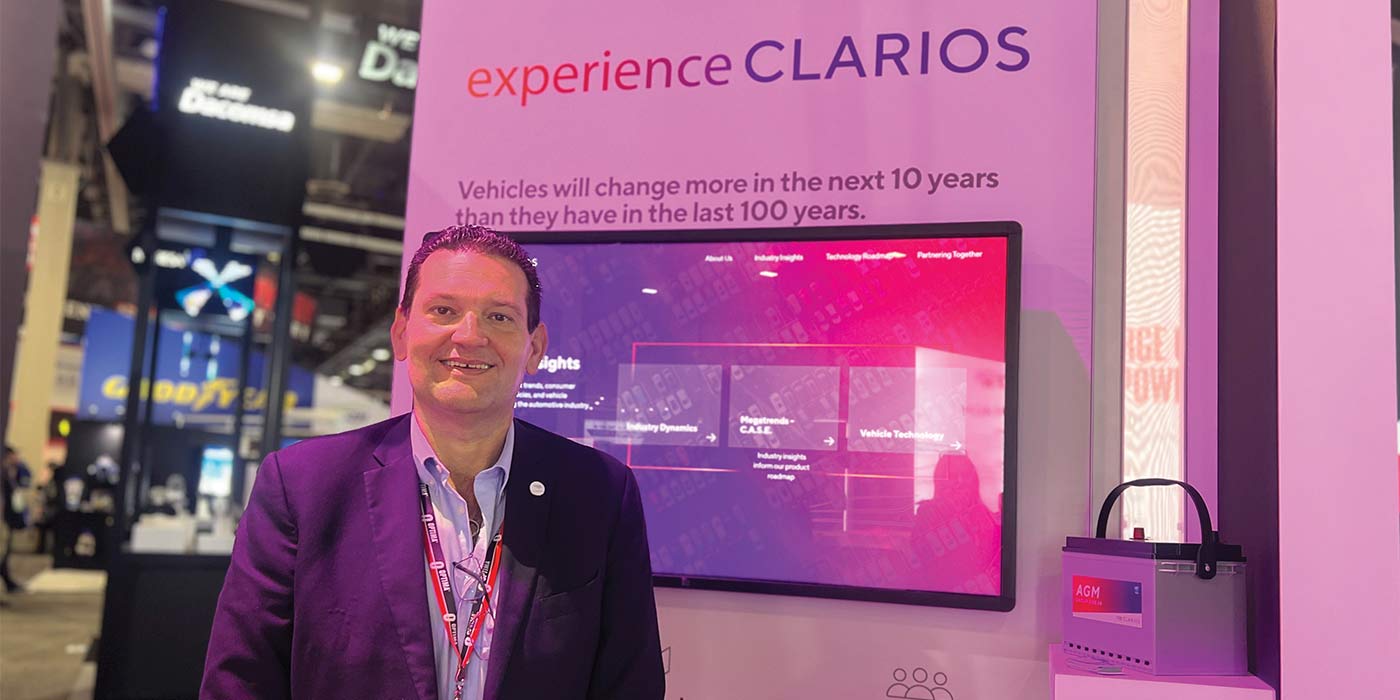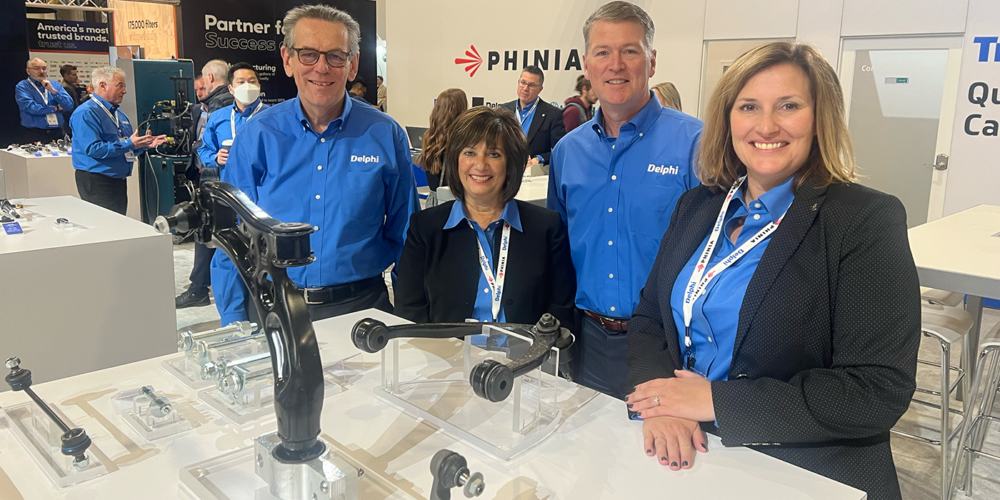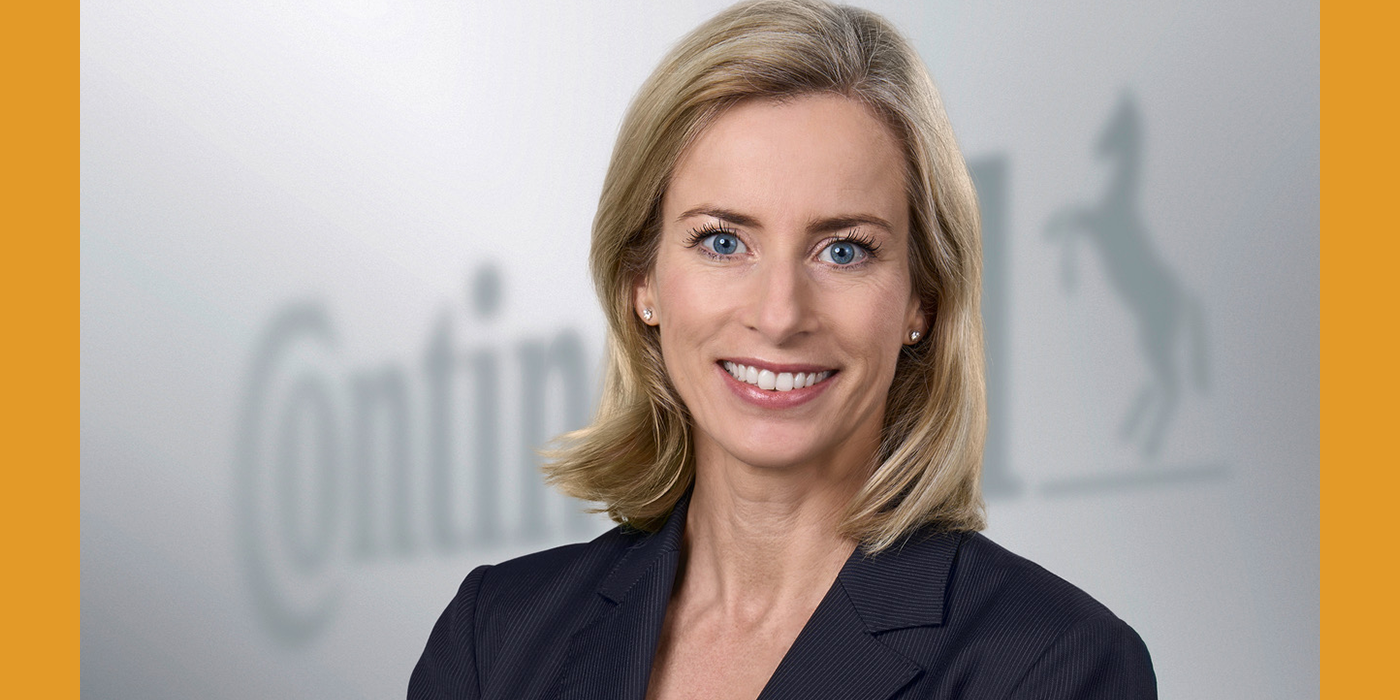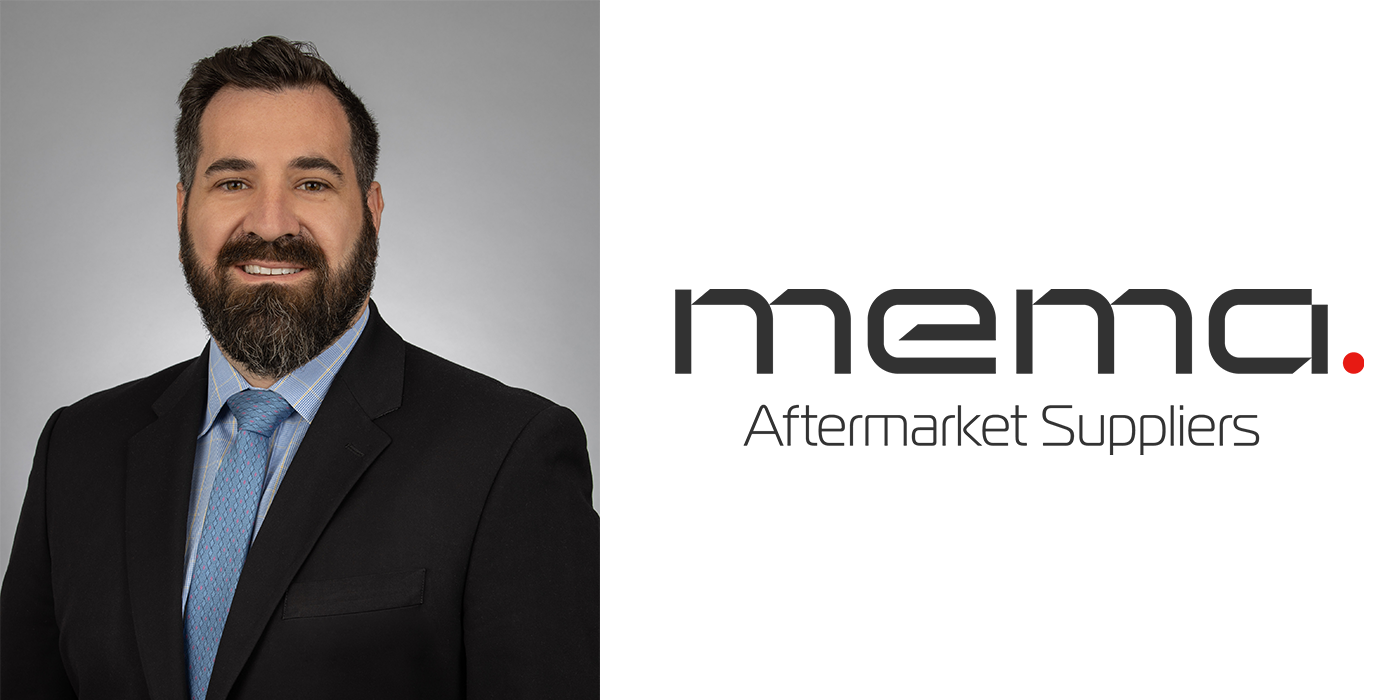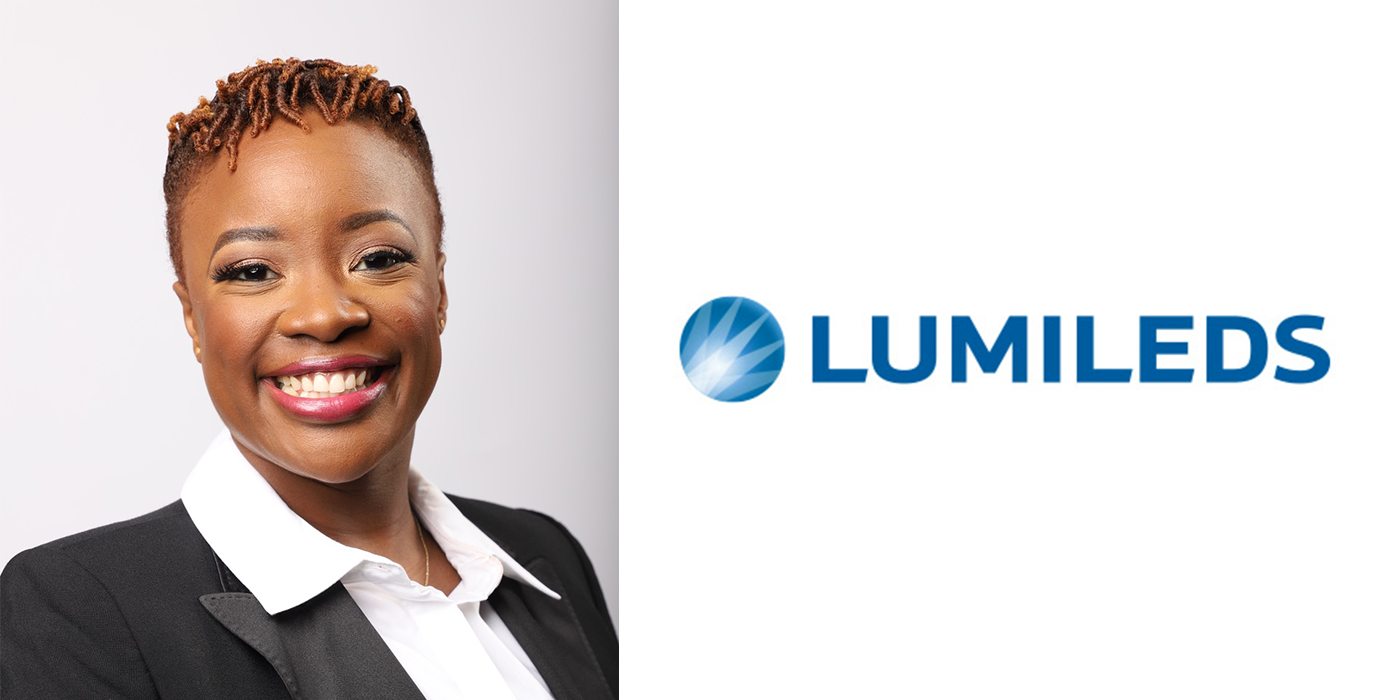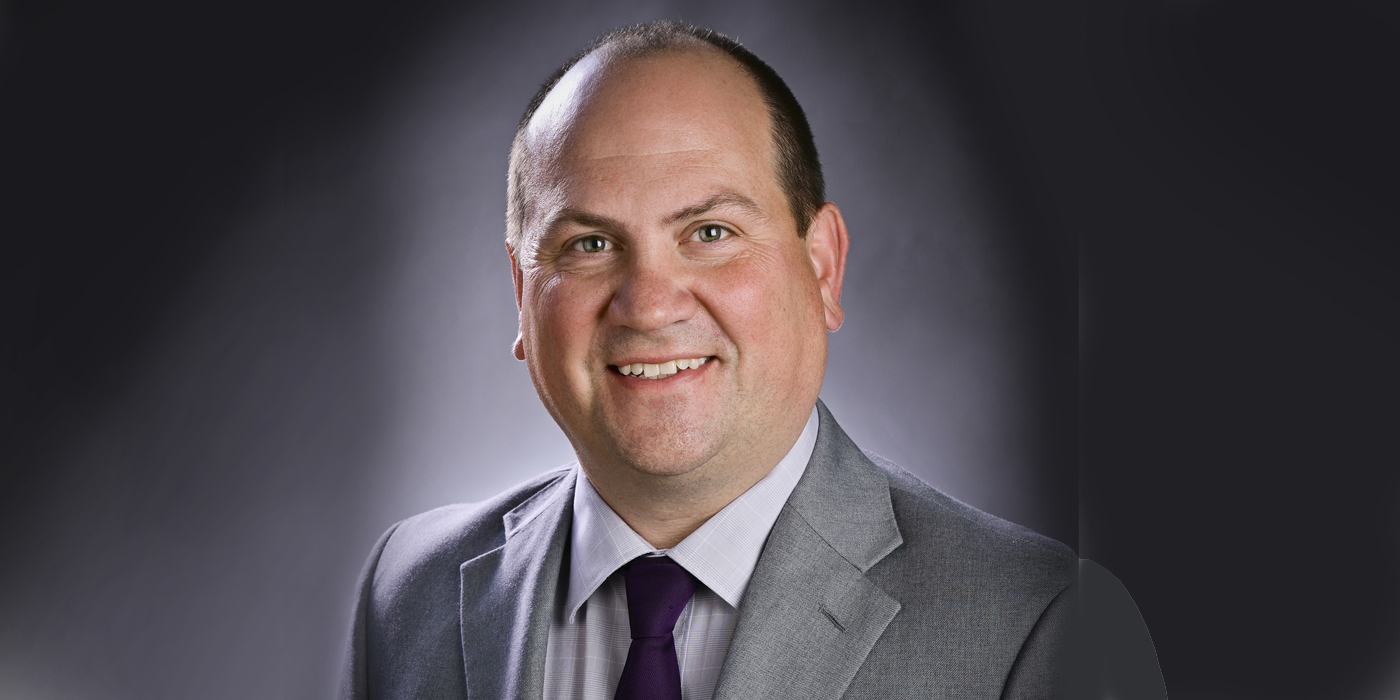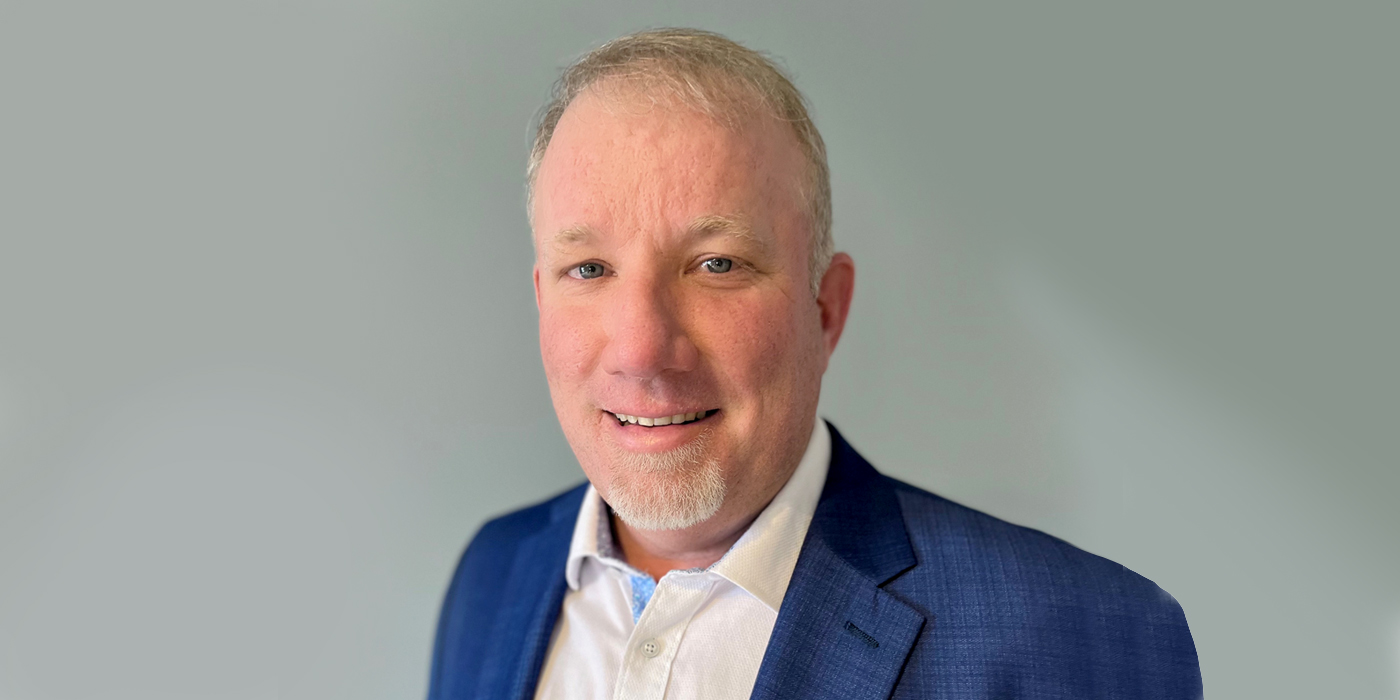The Motor & Equipment Manufacturers Association (MEMA) was in Washington, D.C. this week to support the 2009 Washington Auto Show. While at the show, MEMA worked to promote the significant contributions of its motor vehicle parts supplier members to the U.S. economy and the positive impact of its members’ technological advances on the nation’s environment. MEMA President and CEO Robert “Bob” McKenna was also a featured panelist in the Society of Automotive Engineers International (SAE) Government/Industry Conference Plenary Session on Public Policy Day, which took place Feb. 3, in conjunction with the auto show. This morning, we talked briefly with McKenna about the status of the supplier industry in the U.S. today and the messages he focused on while in Washington. 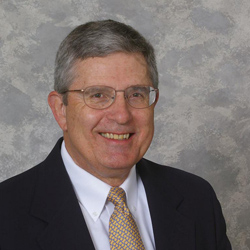
Could you briefly update us on where the supplier industry stands in terms of any inclusion in the financial assistance package that the auto industry has received from the government?
It is a very, very serious problem. It’s a crisis. It really is. We have been working diligently on this for several months. There is an article today about this in the Wall Street Journal … we have a working document that somehow they got their hands on. We’re not sure how, because it hasn’t been released. It’s a working document between us and the U.S. Treasury Dept. about the issue and various proposed solutions. We have an ongoing working relationship with the U.S. Treasury Dept. to address the issue. We’re not sure how this information got out and they made it sound like it’s a submission and it isn’t. It’s a working document. [Editor’s Note: According to the Wall Street Journal article, the 11-page document says the association, on behalf of 400 parts makers is asking for $25.5 billion in aid and guarantees.]
This is a very critical time to communicate positive information about the supplier industry and its impact on the nation’s economy. MEMA had the opportunity to do so at the Washington Auto Show this week. How did it go?
We were there involved in a few things. There was a press conference yesterday morning – it was the entire industry – both of the OE associations, the three dealer trade associations and then MEMA representing the parts suppliers. The press conference addressed the need for the industry to work together in this time of crisis and of course the issue of the CAFÉ standards. We’re all in support of having one standard rather than having state-by-state standards. The industry’s position is if we’re going to do it, let’s do it on a national basis and have one standard for all 50 states.
You also spoke at the SAE Public Policy Day. What key messages did you focus on?
I was on a plenary panel for SAE, the title of the panel was “Guidance to the President and the 110th Congress” about what the needs of the automotive industry are. It was a two-hour panel. In general, we’re talking about sustainable mobility. As the parts manufacturers to the entire industry – OE, aftermarket, heavy duty – we’re saying that we recognize in the environment today that we need to have vehicles that are energy efficient, environmentally friendly and safe. That tone and that discussion will permeate everything we do, and it has for some time.
We have to be sensitive to our customers: The parts manufacturer’s customers in the aftermarket are the distributors; in heavy duty it’s the distributors and the truck companies; and in the OE business, it’s the car companies. We don’t really go directly to the consumer, we go through different customer bases. [So in that respect, our message is:] We have technology, we’re the largest manufacturing entity and we spend half the R&D that is spent on automotive. What we want the world to know, and Congress and the President to know, is that we stand ready to support the issues of more energy efficiency, energy independence, environmentally friendly, fewer pollutants from vehicles and transportation, and safety, which is a big issue. That’s sort of our overriding message, and when you get specific to the aftermarket, we’re trying to do things that will help standardize the state vehicle inspection system.
There are 247 million cars on the road. Everybody talks about ‘What are we going to build next? What are we going to build in 2015? and 2035?” Well, what are we going to do about the ones that are on the road right now that are polluting the air? We know there is $60 billion in unperformed maintenance and we think something should be done about that. So, we’re trying to influence that in some way, where we can create a Federal standard or some consistency in the state inspection system to get cars on the road cleaned up and safe – fix the brakes, tune them up, put air filters in them and do things that improve fuel efficiency, reduce pollution and make them safer.
What about ‘Cash for Clunkers’?
That didn’t come up. We haven’t seen anything that really has gotten any traction and it’s not in the stimulus package, so rather than make a general statement about ‘Cash for Clunkers,’ which I know some other associations have, we’re saying we’d like to have something specific to respond to. If there was a ‘Cash for Clunkers’ bill that was making sense and gaining traction to be introduced, we would come out with a statement on it, but right now to generally say you are for or against it, it’s kind of a broad statement because there are so many versions of it.

